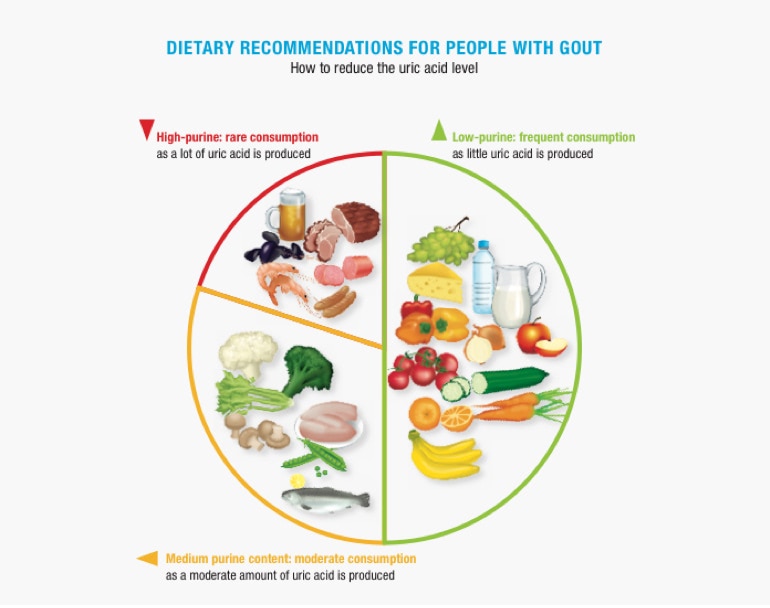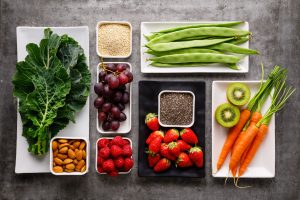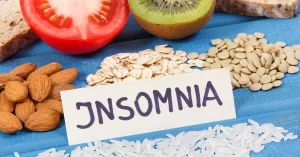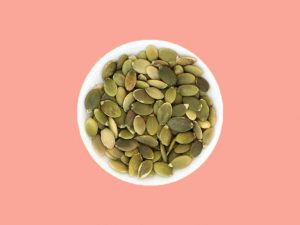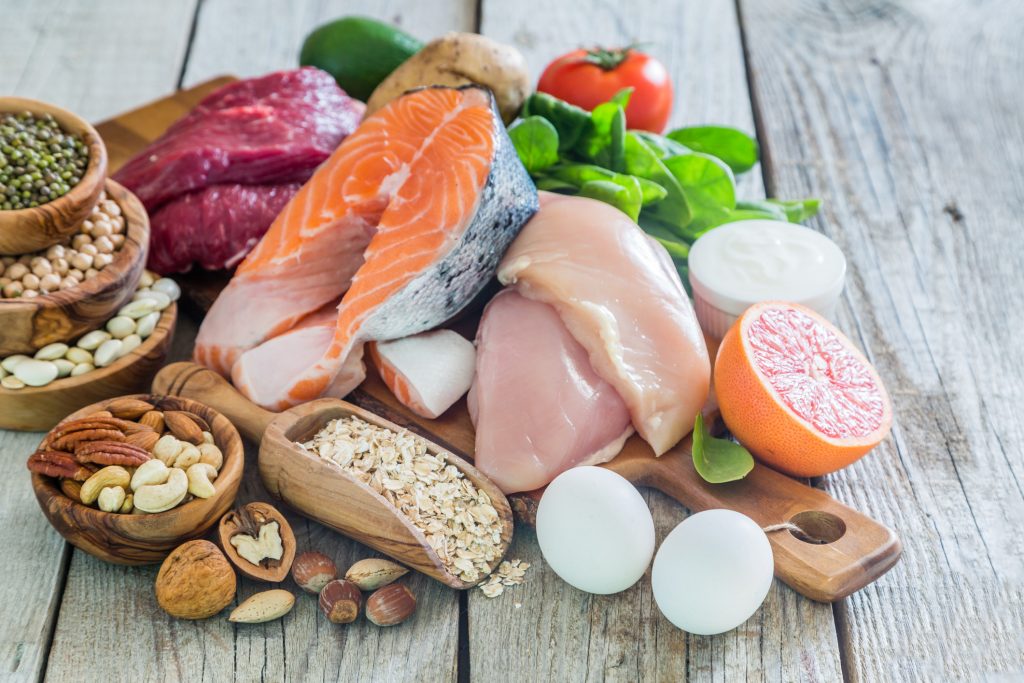Food is way more than just fuel for our bodies. Food can harm you, but it can also heal you. In fact, experts agree that healthy eating helps people live longer and better. Food has been used as medicine since prehistoric times. Dietitians have long touted the benefits of a well-rounded diet that includes plenty of fiber, lean protein, healthy fats, whole grains, beans, vegetables, fruit, nuts and seeds. It can reduce a person’s risk of heart disease, diabetes, colon cancer, dementia and many more chronic conditions.
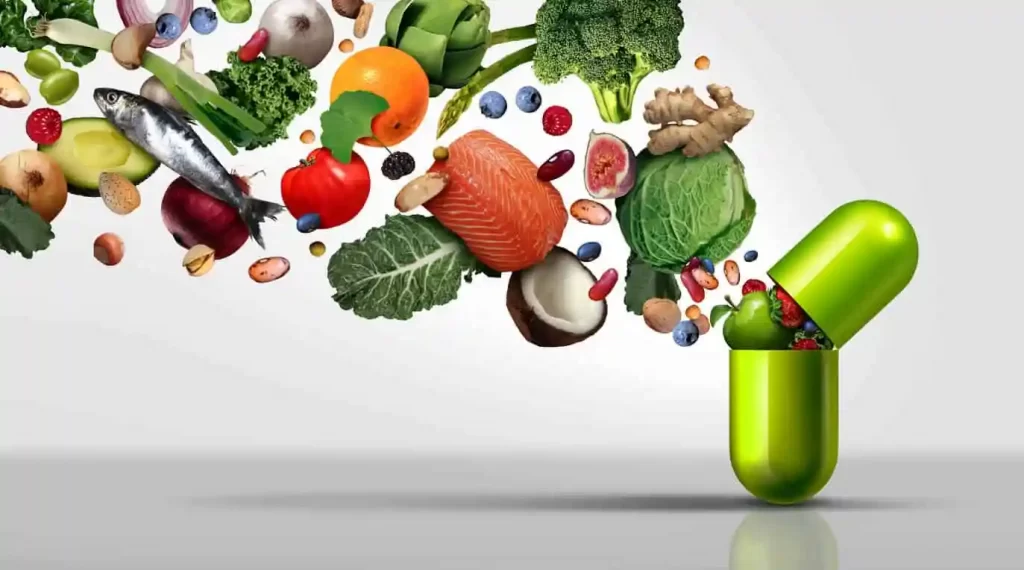
Food scientists tell us that eating lots of plants gives you flavonoids and lignan’s, substances that convey information to a person’s genes. For example, some foods will turn on the body’s anti-inflammatory response. Adding some foods to your diet may help you avoid the expense and side-effects of medication. However, food can only go so far in treating a chronic ailment. There remains a need for medication in many cases. Still, eating right, including food to help with whatever ails you is almost always a good thing.
Food Prescriptions For Common Conditions
First, always consult a physician to determine the cause and best treatment for any ongoing condition. But many everyday issues can be helped with food. At least, it usually can’t hurt.
Gout
This is a type of arthritis. It is the only curable form of arthritis. It is caused by a buildup of uric acid in the blood which creates crystals. Those crystals collect in joints and tissues throughout the body, causing inflammation and pain.
Studies indicate that tart cherry juice could be helpful in reducing blood uric acid levels and the protein markers for inflammation. Make sure you get 100% juice without sugar added. Also, eating raw cherries may also help reduce the risk of gout.
Sufferers of gout should avoid alcohol, fatty meats, and sugary drinks as those foods can increase the amount of uric acid in your blood.
Constipation
Most people experience some occasional constipation in their lives. It has many causes and symptoms. It most often occurs when food moves through your digestive tract too slowly which can cause difficulty passing solid waste. This is why doctors recommend we eat more fiber, which helps push the food through. Dehydration or an intestinal blockage can also cause constipation.
An over-the-counter laxative can help, but if you suffer from chronic constitpation you need more insoluble fiber, that’s what used to be called roughage. It is plant fiber that cannot be digested, which helps move the food through. Some of the best sources of this kind of fiber comes from raspberries, artichokes and chia seeds. Dried fruit, such as prunes and apricots, also have lots of fiber and some chemicals that have laxative properties.
Have a cup of raspberries for a snack or on your breakfast plate. Marinated artichoke hearts are great with a salad or pasta. Slip some chia seeds into your smoothie. Increase your water intake when eating high-fiber foods otherwise they could cause more problems.
Avoid fatty meat, fair products and refined carbohydrates (like white flour) because they can reduce your intake of nutrient-dense, high fiber foods.
Insomnia
As I get older, I find I suffer more often from this problem. But it’s not necessary to reach for sleeping pills or even Melatonin. What you eat, especially before bedtime, can have a big effect on your ability to sleep soundly.
Some research shows that a snack of complex carbohydrates, like oatmeal, can increase the levels of serotonin, a mood-regulating hormone which can help induce sleep. I frequently enjoy a bowl of breakfast cereal as a bedtime snack.
Kiwi fruit also contains lots of serotonin. One small study showed that eating two kiwis an hour before bed help people fall to sleep more easily. Another aspect of kiwis is that contain lots of folate, a B vitamin. Lack of folate has been found to contribute to insomnia.
A major study published in the journal Nutrients showed that eating a Mediterranean diet that’s high in fruits, vegetables, nuts, healthy fats, and lean protein is linked to better quality sleep.
Caffeine is obviously one cause for sleeplessness, especially if consumed in the evening. Alcohol also can disrupt sleep. And eating a heavy meal before going to bed can cause stomach upset, acid reflux, or heartburn which can keep you awake or stop you from staying asleep.
Frequent Urination
This can be a sign of the onset of diabetes, but it can also be other problems, like an enlarged prostate for men.
The solution may lie in pumpkin seeds, also called pepitas. One study found that men with Benign Prostatic Hyperplasia, or prostate enlargement not due to cancer, who ate about two tablespoons of pumpkin seeds a day saw greater relief from prostate symptoms than those receiving a placebo or pumpkin seed extract.
Avoid high-fat foods and red meat which may increase your risk of prostate disease. You should also stay away from alcohol and caffeine which could affect your urination.
Depression
This is a big problem for many people in today’s wild world. But for those without severe issues with mood, foods rich in omega-3 fatty acid, can help a lot. What many of us fail to realize is that there is a sort of mini-nervous system in your gut that talks to your brain. Some research shows that when digestive issues arise, your gut sends signals to the brain which can increase feelings of anxiety and depression.
Cold water fish, like salmon, tuna, trout and sardines, are rich in anti-inflammatory and neuroprotective benefits. A 2019 study published in Translational Psychiatry found that consuming omega-3s (up to 1,000 mg a day), especially those that contain mostly eicosapentaenoic acid or EPA, helped improve depression. A 3-ounce serving of herring contains approximately 770 mg of EPA, 3 ounces of salmon has 590 mg, and 3 ounces of rainbow trout has 400 mg. Aim for at least two servings of fish a week.
To improve your mood, avoid lots of process, refined foods which lack nutrients and fiber. Whole grains or fresh vegetables can improve both gut health and your feelings of depression.
Food really can be a medicine to help you feel better, more alert, more productive and healthier. Combined with exercise, you can treat occasional depression without resorting to medications which can have dangerous side effects.
